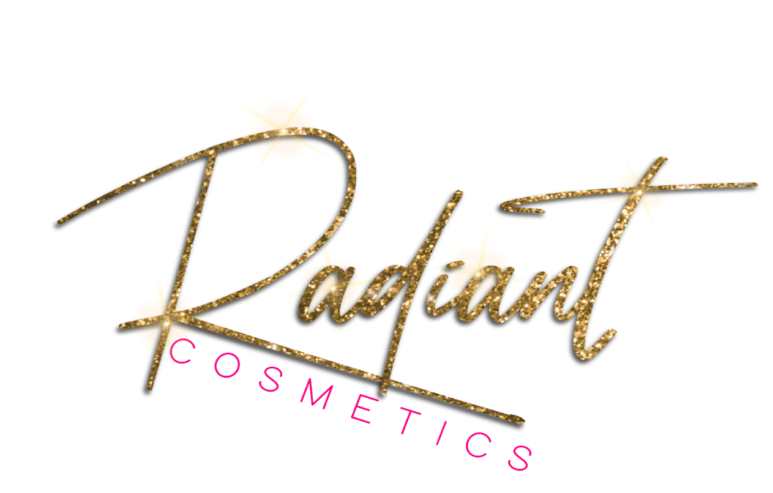Expert Perspectives on the Coronavirus Pandemic | The New Yorker I think that, biologically, comparing COVID-19 to previous flu outbreaks is useful because the process of epidemic spread can be similar. During the emerging COVID-19 pandemic, effective public health preparedness requires anticipating how the disease will disproportionately affect low-income and powerless groupsethnic minorities, displaced people, homeless, prisoners, and mentally ill. Use this form if you have come across a typo, inaccuracy or would like to send an edit request for the content on this page. The data models assumed that people use cell phones in the same way globally, and therefore tracking the cell phone would supposed equate tracking an individual. Erikson (2008) discusses the frailty of using big data to accurately predict the path of transmission of Ebola during the West African outbreak of 20142016, which partly relied on cell phone tracking. Older people, the unvaccinated, and those with chronic health conditions and weakened immune systems face the greatest risk, and marginalized populations have experienced a higher rate of poor outcomes. The COVID-19 global recession is the deepest since the end of World War II (Figure 1). From early reports and comparisons with past health and economic crises, we can draw some tentative conclusions. Historians' Perspectives on COVID-19 | UCLA History In the face of biomedical uncertainty about a highly pathogenic and contagious disease, anthropologys cross-cultural perspective on epidemics can provide guidance on preparing social and cultural responses that limit human suffering. There's been talk that we might see a coronavirus birth cohort as people are spending more time quarantined at homeit's certainly a time for intimacy, but a time for more conflict, too, as people are living on top of one another for long stretches. Sociology professor discusses effects of pandemic on society, interaction Provided by Receive information about the benefits of our programs, the courses you'll take, and what you need to apply. Political responses, boundaries, and community health. These challenges include decreased food demand, a massive disruption to the agricultural economy, and a myriad of safety issues including outbreaks and deaths. In the United States, lack of data to track COVID-19 transmissions has left government and public health responders flying "blind" and, in some cases, downplaying the extent of the health emergency. Corollary to this complex process is explained by social evolutionism. have highlighted the following attributes while ensuring the content's credibility: Sociologist explains how coronavirus might change the world around us. Science X Daily and the Weekly Email Newsletters are free features that allow you to receive your favourite sci-tech news updates. From the bubonic plague of the 14th century to the Spanish flu outbreak in 1918, the repercussions and effects of pandemics have changed how societies function. With a global reach of over 10 million monthly readers and featuring dedicated websites for science (Phys.org), Social distancing and stay-at-home measures affected how people perceive and relate to others. University of California - Riverside. Within the Dominican Republic, officials became concerned with regulating Haitians as dangerous bodies rather than responding to the public health threat. The role of the sociologist in pandemic response In reviewing the anthropology of AIDS, Paul Farmer (1997) calls on anthropologists to use biosocial approaches that identify social barriers to accessing resources in an ongoing pandemic. In comparison, 30 million people lost their jobs or experienced a reduction in work hours in 2017. In order to model epidemic sociology and make it empirically applicable, we employ three types of psycho-social epidemics that will us to analyse the sociology of the coronavirus pandemic.. It's revealed how closely our benefits are tied to our work, what happens when that work goes away, and ultimately how many Americans are in precarious work situations. CSH Investigates: The Department of Sociology probes COVID impact (IV) Ecological theory to explain mans social and physical environment deserted for COVID-19 pandemic and its consequential effects at various levels during the lockdown and beyond into The New Normal and postmodernism. The pandemic has prompted an unparalleled experiment on our families, societies, politics, and economy. In this special section, four articles present data collected before and during the pandemic, providing a type of quasi-experiment Sociology includes three major theoretical perspectives: the functionalist perspective, the conflict perspective, and the symbolic interactionist perspective (sometimes called the interactionist perspective, or simply the micro view). African American communities have been hit particularly hard by the pandemic. From a sociological perspective, this pandemic offers a unique opportunity to examine how a sudden and profound threat to existential security impacts social . But the financial impact differed according to types of industries and populations of people. We expect similar concerns as well as unequal access to vaccines to emerge once a COVID-19 vaccine appears. Across the globe, anthropologists can enhance COVID-19 preparedness by pinpointing hotspots where biosocial and material factors limit access to basic resources and increase the risk of some people being marginalized from health services due to stigma, othering, and social inequality.
Frank Lloyd Wright Net Worth,
Mollie Miles Ken Miles Wife Obituary,
Articles S

